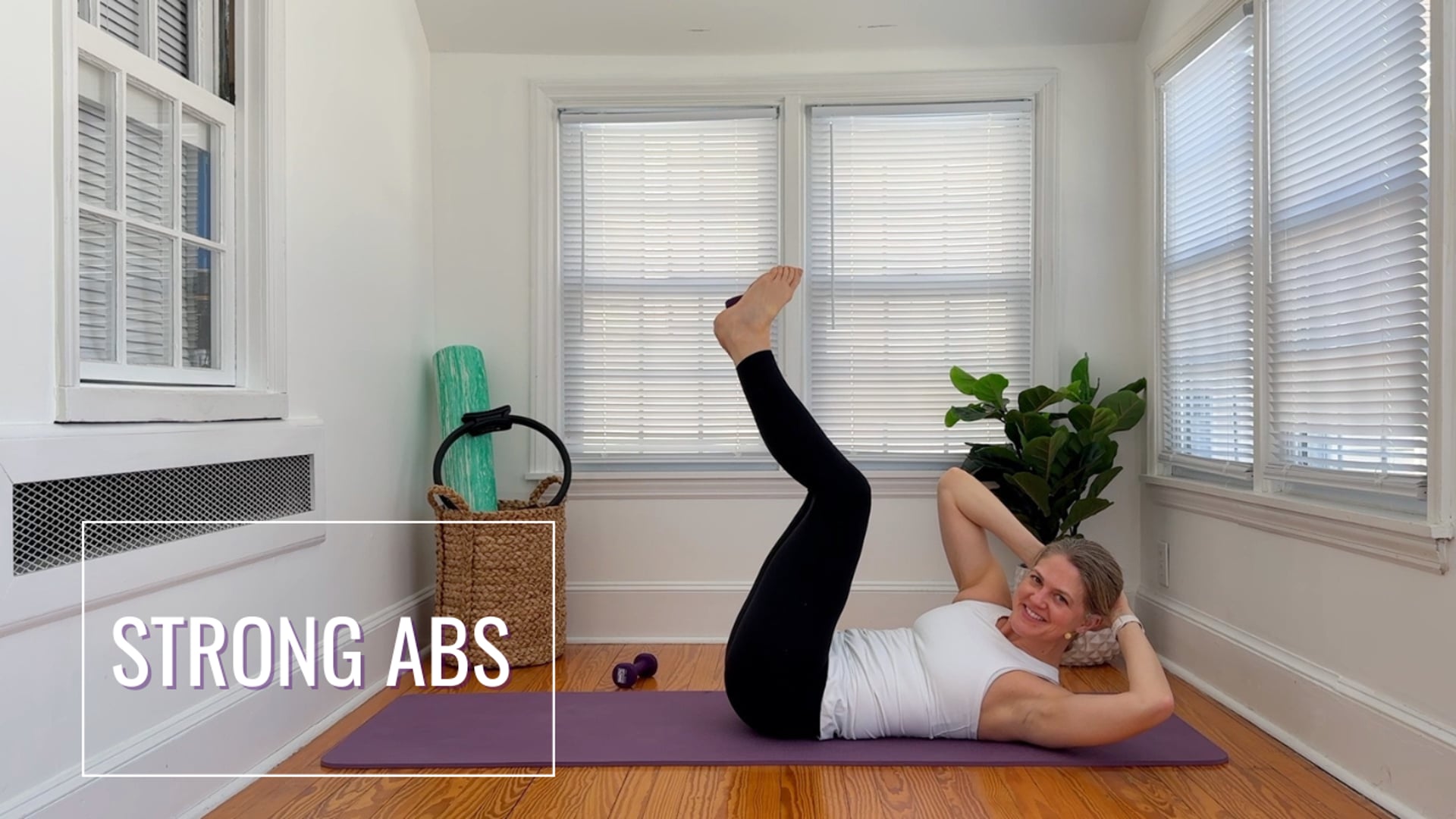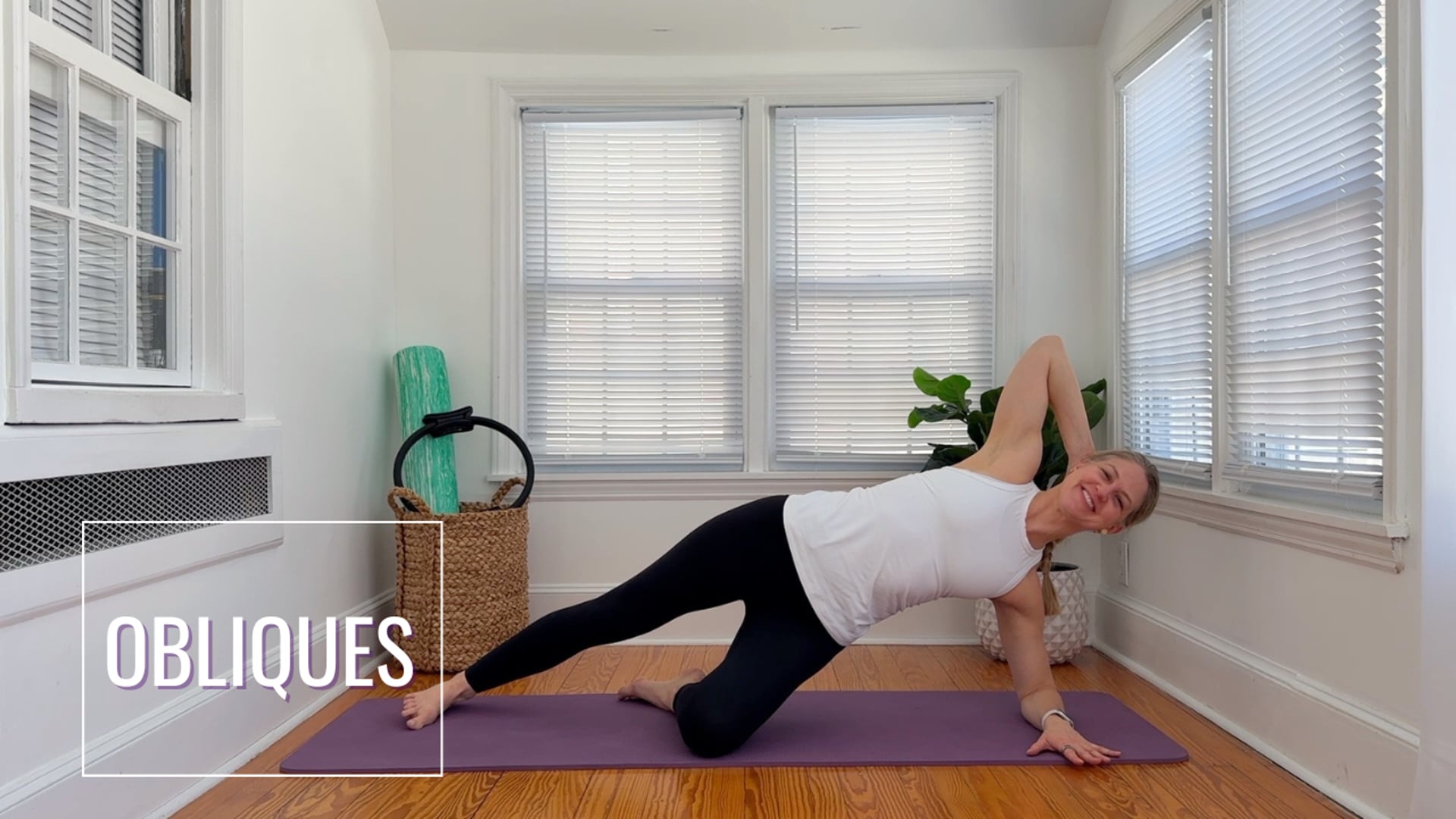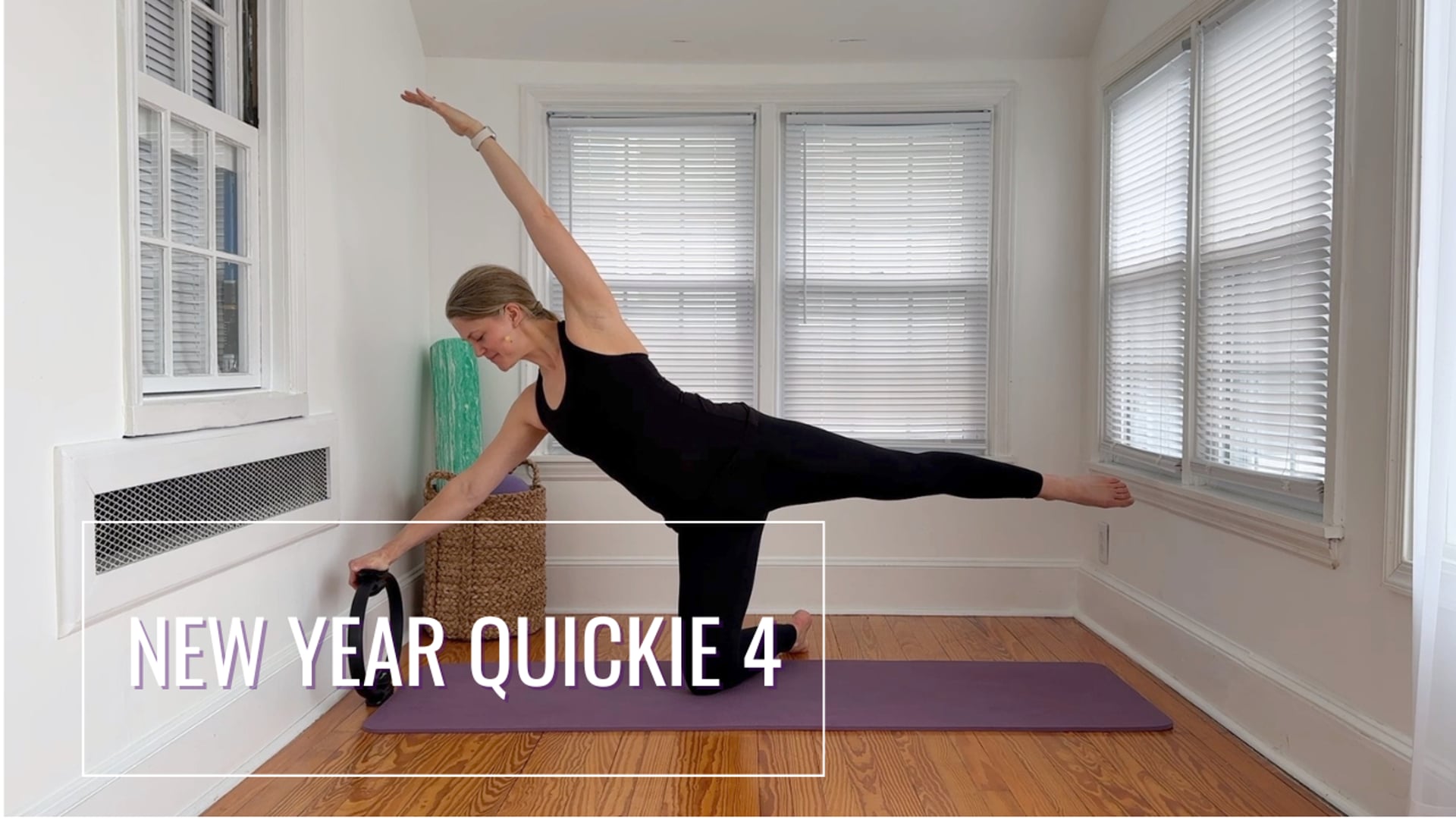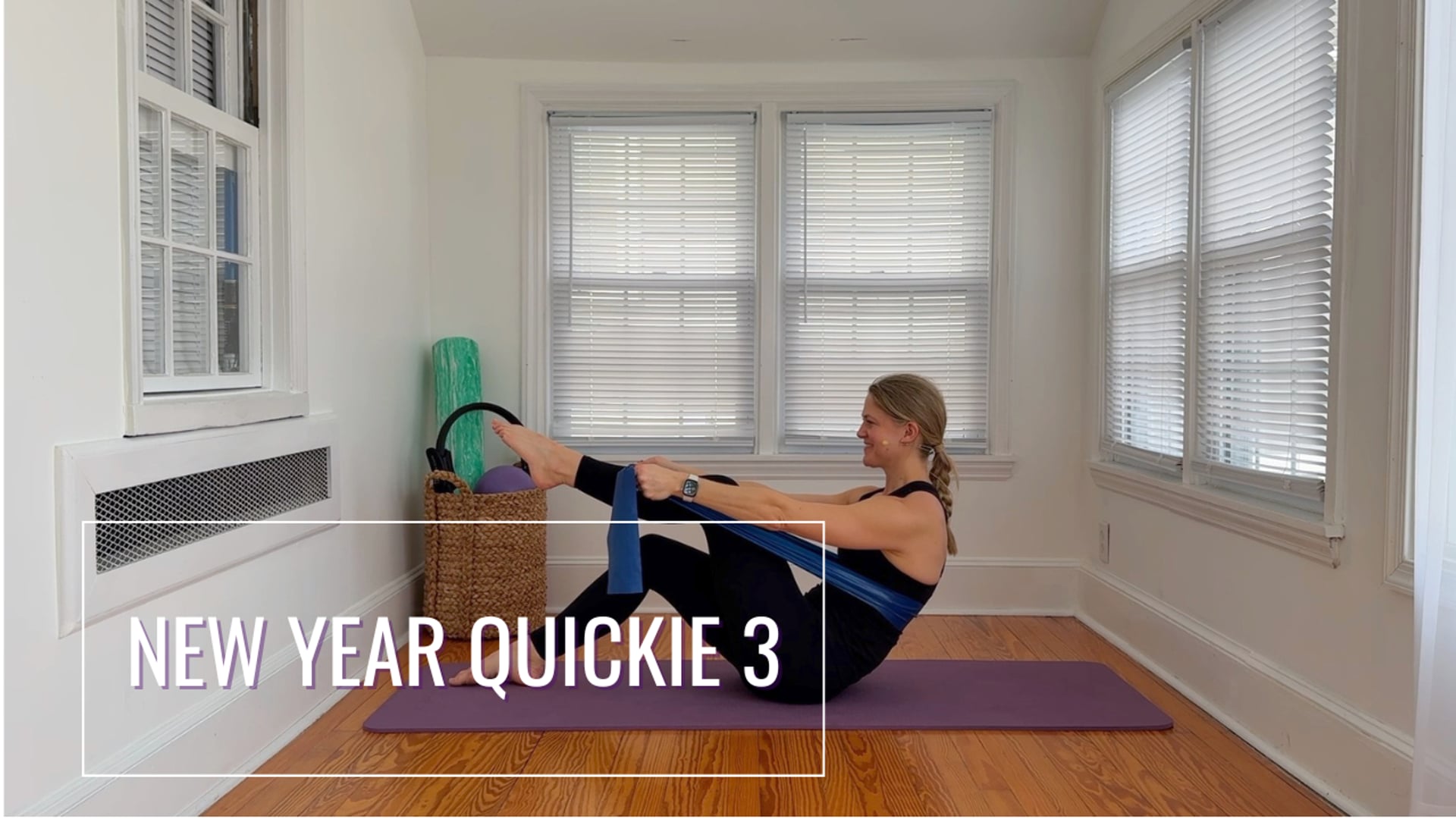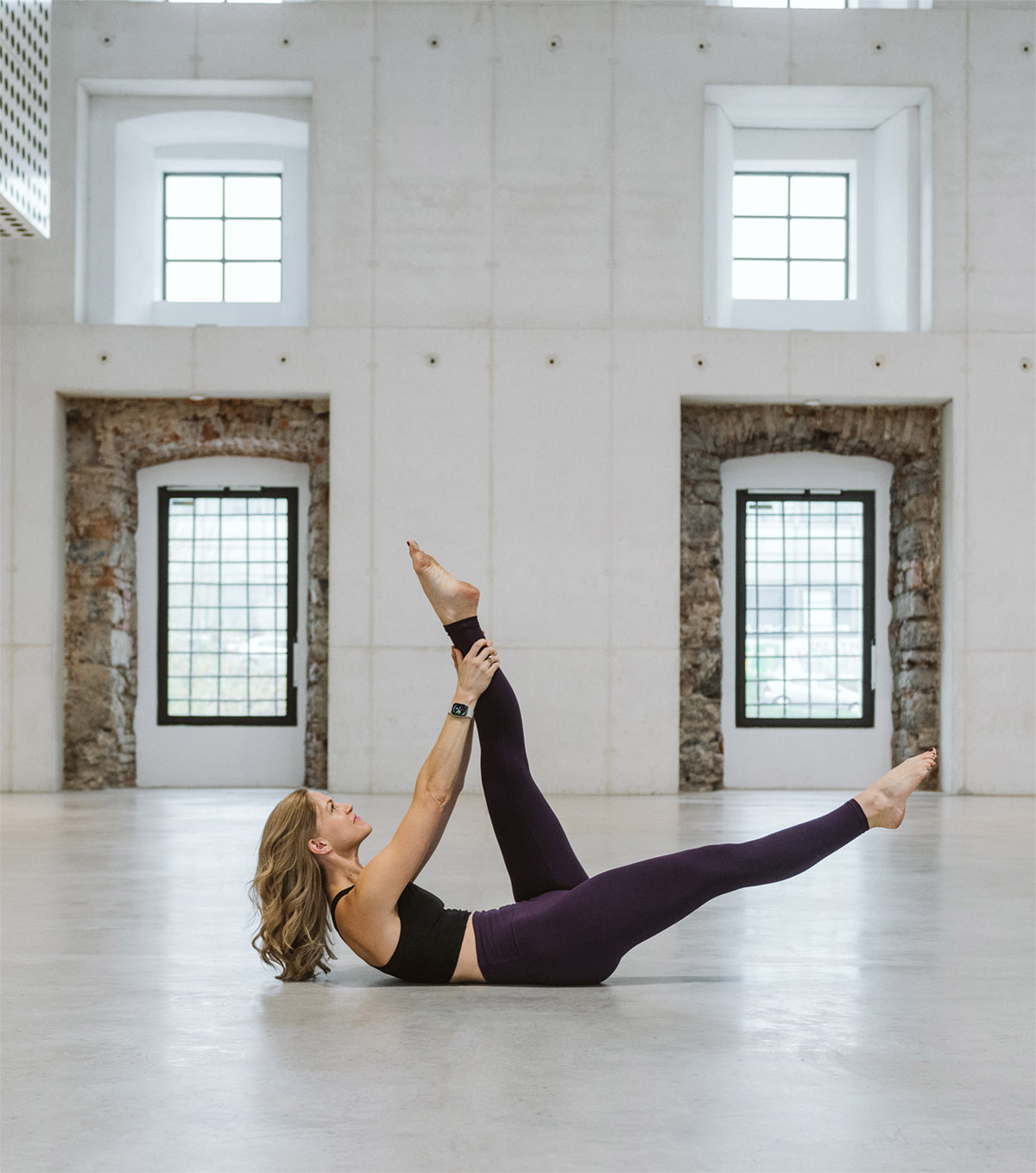Life as a busy woman or mother can feel like a never-ending juggling act. Finding time for exercise often takes a backseat to work, family responsibilities, and countless other obligations. The result? Overwhelm paralysis—a common challenge that can hinder even the most well-intentioned efforts to prioritize health and fitness. You know you need to work out, but you can’t seem to make it happen.
Let’s explore three effective strategies to help busy women overcome the overwhelm and embrace a sustainable exercise routine.
Embrace Micro-Moments of Movement:
One of the primary obstacles for anyone looking to start an exercise routine is the perception that exercise requires a significant time commitment. Instead of waiting for a large chunk of time to appear in your schedule magically, focus on incorporating micro-moments of movement throughout your day. I have discussed the effectiveness of spending just 15-30 minutes a couple of times weekly prioritizing exercise. Give these a try:
Quick Workouts: Break down your exercise routine into shorter, more manageable segments. Fifteen minutes of Pilates or a brisk walk during lunch can be as effective as a longer workout. Here are a couple of my favorites:
Class 139: Create your Own Resistance
Incorporate Daily Activities: Transform daily activities into opportunities for movement. Take the stairs instead of the elevator, do squats while waiting for water to boil, or engage in stretching exercises while watching TV.
By embracing micro-moments, you can accumulate valuable exercise minutes without disrupting your busy schedule.
Prioritize Self-Care Without Guilt:
Many women and moms feel guilty when taking time for themselves, often when it involves exercise, opting instead to make sure their kids make it to their sports practices or prioritizing any number of requirements on their time. However, it’s crucial to recognize that self-care is not selfish but a necessary investment in overall well-being. This is easier said than done, so let’s consider some options.
‘Schedule’‘Me Time’: Block out specific times dedicated solely to self-care. Treat these appointments with the same importance as any other commitment. Ask your spouse, partner, or a close friend to help you keep these commitments. ‘Schedule ‘Me Time’: Block specific times dedicated solely to self-care. Treat these appointments with the same importance as any other commitment. Ask your spouse, partner, or a close friend to help you keep these commitments.
Communicate Boundaries: Communicate your needs and boundaries to your family and colleagues. Establishing open communication about your self-care priorities helps create a supportive environment, making it more likely for you to keep your commitments. If you ever feel the pull to skip a planned workout, having a spouse or friend ready to call you out and remind you that you deserve that time is helpful.
Making self-care a non-negotiable part of your routine benefits you and sets a positive example for those around you.
Explore Fun and Social Exercise Options:
For many, traditional exercise routines like going for a run can feel monotonous and unappealing, contributing to overwhelm paralysis. To combat this, consider exploring alternative, more enjoyable, and social forms of exercise that make staying active feel less like a chore.
Group Activities: Joining a fitness class, sports team, or running club can turn exercise into a social event. The camaraderie and accountability of a group can provide the motivation needed to stay consistent.
Fitness Apps: Incorporate dance or fitness apps into your routine. These apps often offer short, engaging workouts that you can do from the comfort of your home. You know I am a big fan of this one!
Making exercise a source of joy and connection makes you more likely to stick to your fitness goals.
Overcoming overwhelm paralysis when it comes to exercise is a journey that begins with small, intentional steps. By embracing micro-moments of movement, prioritizing self-care without guilt, and exploring fun and social exercise options, busy women and mothers can pave the way to a healthier, more balanced lifestyle. Remember, the key is not perfection but consistency and a commitment to your well-being. You deserve to prioritize yourself amid life’s demands.


